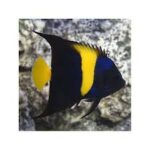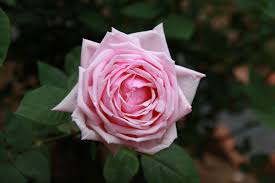
Eating Customs in Ancient Chinese Families: A Cultural Exploration
Chinese food culture is among the oldest and most sophisticated in the world, deeply intertwined with traditions, values, and social customs that have evolved over thousands of years. In ancient China, eating customs were far more than simply the act of consuming food; they embodied a complex system of etiquette, symbolism, and respect for the…














